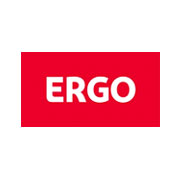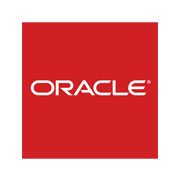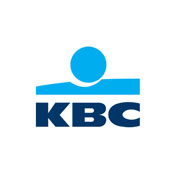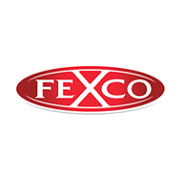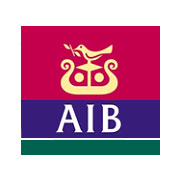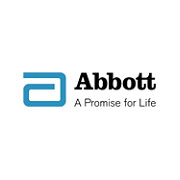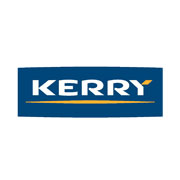More than the Gift of the Gab – Good Business Communication

Many of us in the business world take communication for granted. We equate it with conversation and blithely assume that what gets us by in our home or social lives is adequate to the demands of the workplace. But there’s a lot more to corporate communication than the’ gift of the gab’.
Communication comes so naturally to us that it’s difficult to give it any serious thought. We communicate constantly, and do it to a fair degree of success and even with a little flair. Otherwise, we wouldn’t be very good at our jobs, would we?
The problem, however, is that communication – particularly in the business world – is not something we’re all good at. Some people may seem better at it than others, in that they sound better. But think of how many times you’ve listened to an ostensibly good speaker, yet later on found it difficult to remember a single word they’d said. Verbal fluency does not necessarily translate into effective communication.
The implications and effects of good communication go way beyond social skills. Your business success will depend to some degree or other on your ability to communicate with customers, suppliers, employees, financiers, and others. Maximise the effectiveness of that communication and you’re on the way to maximising your business potential.
As a young teacher (I won’t say how many years ago!) I discovered that kids will let you know quickly enough whether you’re a good communicator or not! It’s a lesson I’ve never forgotten. In particular, it taught me that a common failing – whether it’s a speech, sales pitch, or whatever – is that not enough thought is given to the message.
This might seem an exaggeration, but the fact is that many business people concentrate overly on the detail and overlook the key message they want to impart. Think of the chef who prepares food with no consideration for flavour. The diners might get all the nutrition they need, but they’ll have no memory of the meal. Worst of all, they’re unlikely to come back for more.
So, when business people come to me for advice, I encourage them to ask serious questions of themselves.What is your key message? Who do you want to hear it? How do you want to convey it to them? Only after these questions have been posed and answered satisfactorily, can you move on how they should be prioritised, where they should be targeted for maximum impact and how they should be delivered.
A vital element in this approach is what I call differentiation, i.e. empowering people to think just that little bit differently, to identify what it is that separates them and their organisation from the rest of the crowd and to convey that uniqueness through innovative and imaginative thinking.
People too often adopt the approach that what has worked for others will work for them. But churning out old clichés like ‘on time and within budget’ is not going to grab anyone’s attention. These also tend to state the obvious (for instance, when did you last hear the catchphrase ‘overspent and over time’?).
Instead, I ask people to think in terms of what it is that makes their organisation unique, whether it be the product, the people they employ, how the service is packaged or delivered, and so on. That is where the message lies, and once that critical piece of content is finalised, you can move on to the issue of how best to convey it to your target audience.

